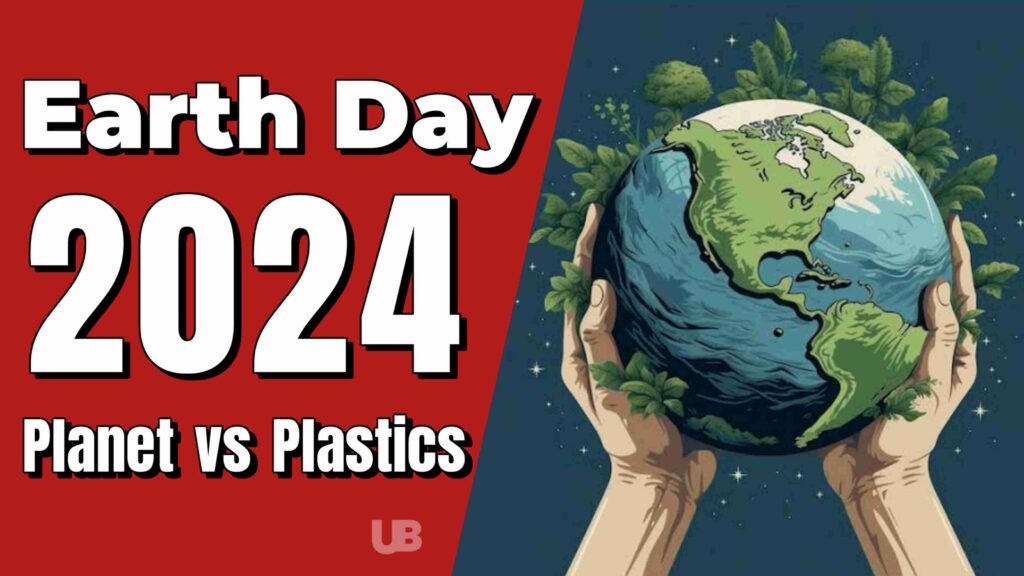
Earth Day 2024
In the modern era, where environmental issues dominate headlines and conversations, Earth Day stands as a beacon of collective action and advocacy for the planet. Every year on April 22nd, millions of people around the world come together to celebrate Earth Day, reflecting on the importance of environmental conservation and committing to sustainable practices.
Table Of Contents
Origin of Earth Day
Earth Day traces its roots back to the early 1970s, a time of heightened environmental awareness in the United States. In 1969, a devastating oil spill off the coast of Santa Barbara, California, shocked the nation and galvanized public concern about pollution and environmental degradation. Inspired by the growing momentum of the environmental movement, Senator Gaylord Nelson, a staunch advocate for environmental protection, envisioned a day dedicated to raising awareness about environmental issues and mobilizing public action.
Why is it Celebrated on April 22nd?
Senator Nelson, recognizing the power of grassroots activism, enlisted the help of Denis Hayes, a young environmental activist, to organize the first Earth Day on April 22, 1970. The date was strategically chosen to maximize student participation, falling between Spring Break and Final Exams. What began as a series of localized events on college campuses quickly snowballed into a nationwide movement, with millions of Americans participating in rallies, clean-up efforts, and educational activities.
The success of the inaugural Earth Day marked a turning point in the environmental movement, sparking legislative action and paving the way for landmark environmental laws such as the Clean Air Act, the Clean Water Act, and the establishment of the Environmental Protection Agency (EPA). Since then, Earth Day has grown into a global phenomenon, with over 192 countries participating in coordinated environmental initiatives and advocacy campaigns.
Fast forward to the present day, and the environmental challenges facing our planet have only intensified. One of the most pressing issues of our time is the proliferation of plastic pollution. Plastics have become ubiquitous in our daily lives, from single-use water bottles to disposable packaging, but their convenience comes at a significant cost to the environment.
Plastic pollution poses a grave threat to marine ecosystems, wildlife, and human health. Every year, millions of tons of plastic waste end up in our oceans, where they break down into microplastics and enter the food chain, threatening marine life and ecosystems. Moreover, plastic pollution is a major contributor to climate change, as the production and disposal of plastics release greenhouse gases into the atmosphere.
In response to this growing crisis, the theme of Earth Day 2024 is “Planet vs. Plastics”, highlighting the urgent need to address the scourge of plastic pollution. The campaign calls for a 60% reduction in plastic production by 2040 and envisions a future free from plastic pollution for generations to come. But achieving this ambitious goal will require collective action and systemic change at all levels of society.
Individuals can play a crucial role in combating plastic pollution by reducing their consumption of single-use plastics, opting for reusable alternatives, and properly disposing of plastic waste. Businesses can also take steps to reduce their reliance on plastics, invest in sustainable packaging solutions, and support initiatives to promote a circular economy.
Governments have a responsibility to enact policies and regulations that incentivize the reduction, reuse, and recycling of plastics, as well as hold polluters accountable for their actions. International cooperation is also essential, as plastic pollution knows no borders, and concerted efforts are needed to address this global problem.
On this Earth Day, let us recommit ourselves to protecting the planet and preserving its natural beauty for future generations. By working together to tackle plastic pollution and embrace sustainable practices, we can build a healthier, more resilient planet for all. The stakes have never been higher, but with determination, innovation, and collective action, we can rise to the challenge and create a brighter future for our planet.



